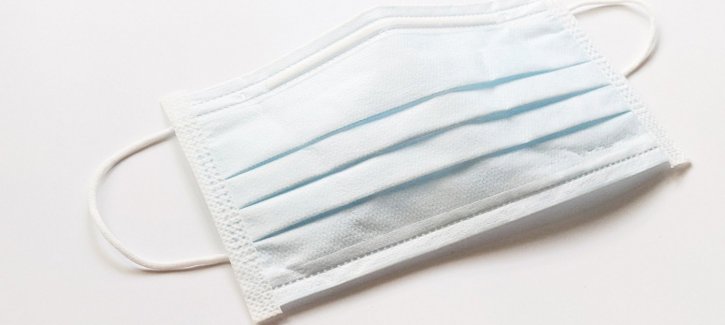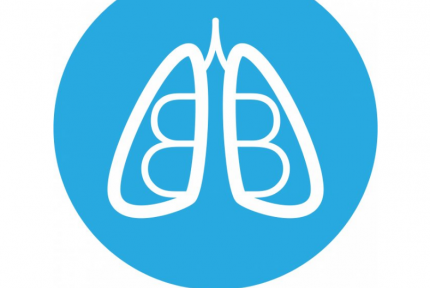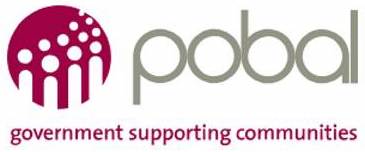
The Asthma Society of Ireland is calling on the new government to insert explicit exemptions into any regulations making face coverings mandatory in public spaces for people with chronic respiratory diseases, such as asthma and COPD. People with asthma and COPD can struggle to breathe when active and, for those who are out and about, they may find that face coverings further impede their breathing. In addition, for those who have a history of asthma attacks, face coverings may exacerbate symptoms of anxiety, a common experience for people with asthma and COPD.
CEO of the Asthma Society Sarah O’Connor said, “For asthma and COPD patients, the feeling of struggling to catch a breath is very familiar and one they strive every day to avoid. It’s a very frightening experience. And while exercise can be an effective way of managing asthma, patients can find themselves short of breath when they’re walking or active for extended periods. While some face coverings are safe for some asthma and COPD patients, it is important that exceptions are made for those for whom they are not safe or who feel they are not safe.”
The organisation has experienced an unprecedented surge in demand for its supports and services since the outbreak of the COVID-19 pandemic. One concern being raised in recent days by patients contacting the Asthma Society nurse-led Adviceline and Beating Breathlessness WhatsApp service is whether they should or must wear face masks. The organisation has responded by developing a guidance on wearing face coverings specifically tailored for people with asthma and COPD
Dr. Dermot Nolan, Asthma Lead for the Irish College of General Practitioners and a member of the Asthma Society’s Medical Advisory Group advised, “The Asthma Society welcomes all measures that effectively reduce the risk of COVID-19 infection for people who are considered high risk should they contract the virus. Most asthma and COPD patients can wear face masks, but they mustn’t be pressured into doing so if their breathing is affected. They must also be careful not to buy or use a face covering with a fabric that can trigger an exacerbation or that contain harsh chemicals or sterilisers.”
Sarah O’Connor continued, “We would urge the government to ensure that regulations making face coverings mandatory in public spaces include explicit exemptions for people with respiratory diseases and that public campaigns promoting their use make these exemptions clear. We implore those enforcing any such regulations to be cognisant and respectful of our most medically vulnerable populations. And we encourage members of the public to show understanding and patience when they see people who are not wearing face coverings on public transport or in retail outlets.”
Finally, the Asthma Society invites asthma or COPD patients and their carers who are concerned about their symptoms to message the Asthma Society’s new Beating Breathlessness WhatsApp patient support service which allows people to chat with a respiratory specialist nurse to get support, advice and information about asthma, COPD, coronavirus and hayfever. This free WhatsApp service is available on 086 059 0132.
People who would prefer to speak directly to a nurse can call the Asthma Society’s free Joint Asthma and COPD Adviceline on 1800 44 54 64.



